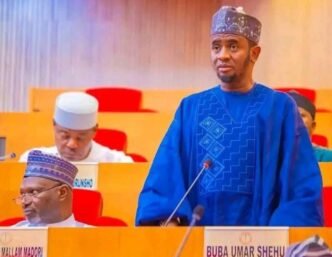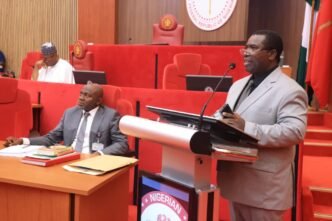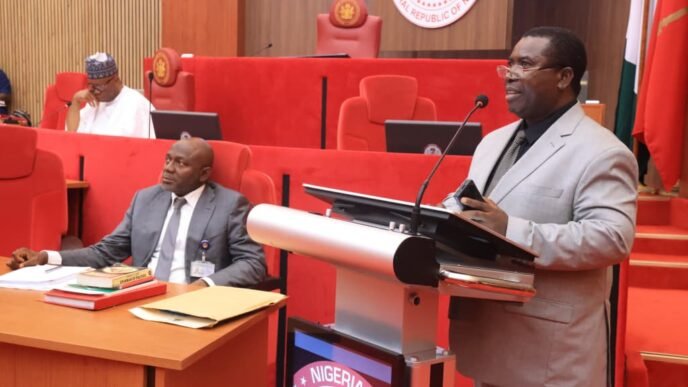Bill Sponsor: Sen. Bamidele, Michael Opeyemi (EkitiCentral-Senate Leader)
Bill Progress: First Reading
The Complementary and Alternative Medicine Council of Nigeria (Establishment) Bill, HB 473, aims to institutionalize the regulation of Traditional, Complementary, and Alternative Medicine (TCAM) in the country.
The primary objective of the proposed bill is to establish a dedicated regulatory body that will oversee the practice of TCAM, an area that has garnered increasing attention within the healthcare landscape.
One of the critical goals of this initiative is to set forth standardization and quality control measures within the TCAM sector. If passed, the council would be tasked with establishing criteria for knowledge, skills, training, and professional conduct for practitioners. This is a pivotal development, as it aims to ensure that practices classified under TCAM are conducted safely, effectively, and to a high standard of quality.
Moreover, the establishment of the Complementary and Alternative Medicine Council aligns with a broader initiative by the Federal Government to incorporate traditional medicine into the national healthcare system. By supporting this integration, the bill seeks to strengthen the evidence base for traditional practices and enhance healthcare accessibility, ultimately paving the way for Universal Health Coverage (UHC) in Nigeria.
Another significant aspect of the proposed legislation revolves around the protection of intellectual property rights for local practitioners. Previous discussions surrounding similar councils have highlighted the importance of protecting unique traditional medicines and the knowledge held by local healers. By formalizing these protections, the bill aims to encourage the sustainable development of indigenous practices and recognize their value within the healthcare framework.
The establishment of the council represents a crucial step toward legitimizing complementary and alternative practices, including Homeopathy, Naturopathy, Acupuncture, Osteopathy, and Chiropractic. Currently, these modalities receive some level of oversight from the Medical and Dental Council of Nigeria (MDCN), but the proposed bill aims to create a dedicated regulatory framework that addresses the unique characteristics and practices within TCAM more comprehensively.
As the Complementary and Alternative Medicine Council of Nigeria (Establishment) Bill progresses through the legislative process, stakeholders from various sectors, including healthcare professionals, practitioners of traditional medicine, and patient advocacy groups, are expected to monitor developments closely. The successful passage of this bill could reshape the future of healthcare in Nigeria, providing a structured approach to the practice of traditional medicine while ensuring patient safety and quality of care.













